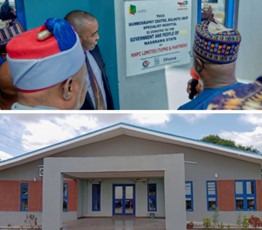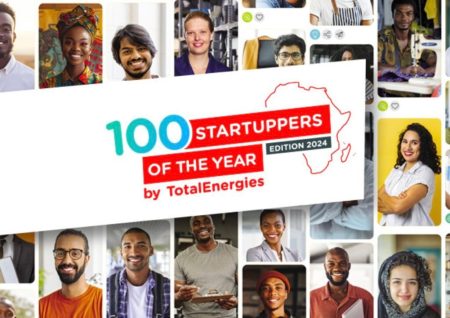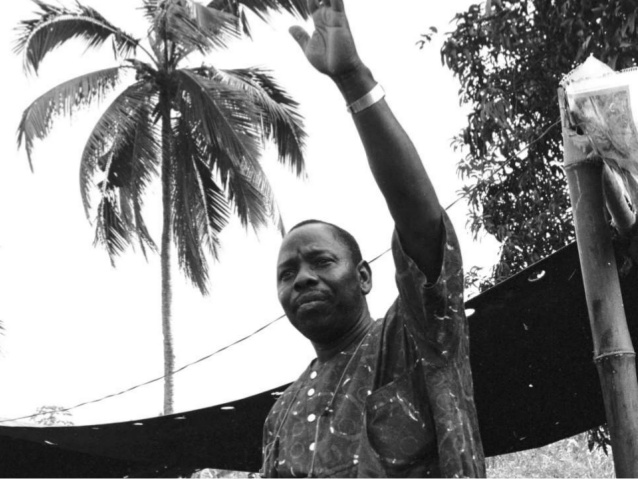
Mkpoikana Udoma
Port Harcourt — In commemoration of Indigenous Peoples Heroes Day 2024, the Society for Women and Youths Affairs, SWAYA, has called on COP29 delegates to prioritize ecological justice and focus on the needs of vulnerable communities, rather than allowing fossil fuel interests to dominate the climate discussions.
As world leaders gather in Baku, Azerbaijan, Executive Director of SWAYA, Mrs Stella Amanie, emphasized that climate negotiations must be transparent, accountable, and centered on protecting both people and the environment.
Amanie spoke after a novelty football match in Bane, Khana Local Government Area of Rivers State organized by SWAYA and the International Indigenous Peoples Movement for Self Determination and Liberation, IPMSDL, to mark the 29th anniversary of the legacy of Nigerian environmental activist Ken Saro-Wiwa.
SWAYA who also carried out a mural painting of Ogoni heroes at Ken Saro-Wiwa’s office at Aggrey Road, old Port Harcourt Township, expressed concern that powerful oil companies could overshadow the voices of those most impacted by climate change.
She stressed the importance of ensuring that COP29 addresses the disproportionate effects of the climate crisis on the Global South, where many communities are already experiencing extreme weather, rising sea levels, and food insecurity.
The organization argued that climate finance should be viewed not as charity, but as ecological debt repayment, and called for wealthier nations to honor their financial commitments and ensure that developing countries receive the support necessary to mitigate and adapt to the impacts of climate change.
SWAYA also raised concerns about the operationalization of carbon markets under the Paris Agreement and warned that carbon trading mechanisms could be exploited by wealthy nations and corporations as a way to avoid meaningful emissions reductions. “Without stringent safeguards, such measures could undermine global climate goals.”
In addition, SWAYA reiterated the need for a fully funded and effective Loss and Damage Fund, while urging COP29 to ensure that vulnerable communities receive the financial support necessary to recover from climate-related disasters and build long-term resilience against future crises.
“Climate finance is ecological debt repayment, not charity. We must recognize the responsibility of wealthier nations to support the Global South, where the impacts of climate change are most severe.
“The needs of the people must come first. COP29 must ensure that climate policies are inclusive and equitable for all.
“Fossil fuel profits should not outweigh the health and safety of our planet and its people. The fight for ecological justice is the fight for humanity’s future,” Amanie said.
SWAYA further called for climate adaptation strategies that are both robust and locally driven, emphasizing the need for tailored solutions that address the unique needs of communities most at risk, particularly in regions reliant on agriculture and natural resources for their livelihoods.
“We must honor Ken Saro-Wiwa’s legacy by making climate justice a reality for the world’s most vulnerable people,” she said, referring to the world-renowned activist who fought against the environmental destruction of Ogoniland caused by the oil industry.



